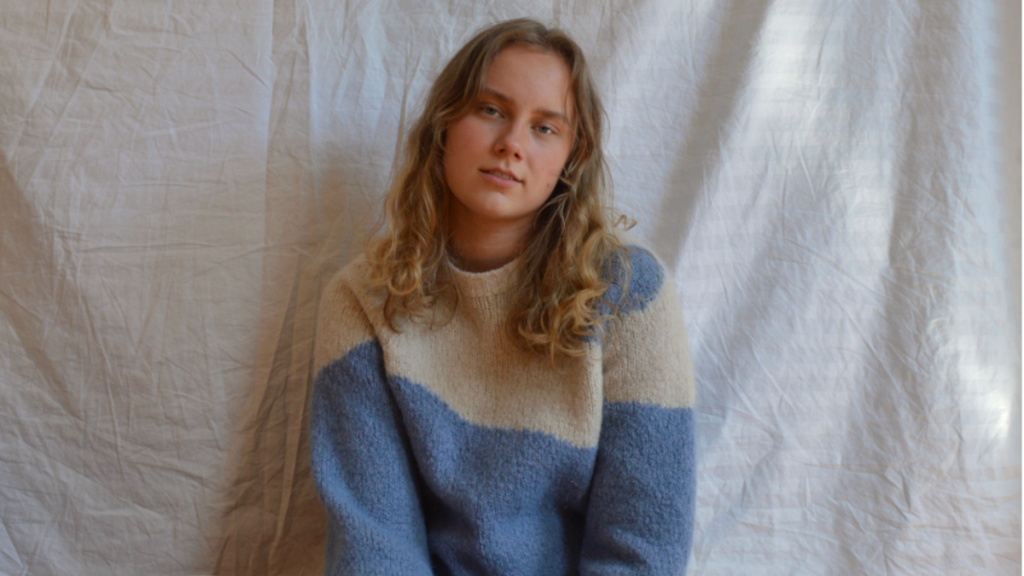The music industry today is a vast, interconnected web of genres, cultures, and technologies. Amidst this complexity, classical music maintains its timeless allure, even as contemporary genres push the boundaries of sound and storytelling. Here, artists like Solveig Deason emerge as crucial conductors, bridging worlds with their craft. Solveig’s story is one of remarkable achievements and a deep commitment to musical excellence. A two-time provincial gold medalist for Vocal Performance from the Royal Conservatory of Music (RCM), her early accolades laid the foundation for a career that spans continents and genres.
Solveig’s involvement with the Fireside Singers, where she performed multiple shows yearly at Saskatoon’s prestigious TCU Place, highlights her significant role in enriching her hometown’s cultural landscape. But her artistic reach extends far beyond local stages. Her participation in a China tour with the League of Astonishing Strings, where she performed at acclaimed venues like the Shanghai Oriental Art Center, underscores her global appeal and her collaborative spirit with leading figures in string music. Back home, her performances with the Amati Strings, wielding instruments crafted by the historic Amati family, and her poignant rendition of Vivaldi’s “Winter” at the historic Third Avenue United Church, showcase her expertise in classical and string music.
A pinnacle in Solveig’s career was her involvement in the Contemporary Orchestra during the “Final Fantasy 35th Anniversary Distant Worlds: music from Final Fantasy Coral” concert at the Boston Symphony Hall, conducted by the Grammy Award-winning Arnie Roth. This performance was a tribute to the rich heritage of video game music, showcasing Solveig’s adaptability and her exceptional talent in engaging both contemporary and classical music enthusiasts.
Join us in our conversation with Solveig today.
We’re so excited to learn more about your work, Solveig! First off, in what ways do you feel that your performances at venues like TCU Place contribute to the cultural landscape of Saskatoon, and what feedback have you received from the community?
Performing with the Fireside Singers at TCU Place was truly wonderful. Many Canadian musicians return to Saskatoon to perform in these shows, and it’s always great to see the audience they attract! The Fireside Singers excel at fostering a musical community, bridging the gap between lovers of classical, musical theater, and contemporary music.
Could you share how the historic craftsmanship of the Amati family instruments influences your performance, particularly when playing pieces like Vivaldi’s “Winter”?
It was incredible to perform Vivaldi’s “Winter” with such a remarkable group of instruments. Besides being visually stunning, the instruments’ tones were so beautiful and added a vibrant energy to the performance. It truly made me feel as though I was performing in a different era, closer to when the piece was originally written. I feel so fortunate to have had the opportunity to perform alongside such iconic pieces of musical history!
What inspired you to specialize in classical and string music, and how do you see this specialization impacting your role in the broader music community?
I grew up in a very musical family, with all my siblings and many of my extended family members studying classical music extensively. I began playing the violin at 3 years old, taking private lessons, participating in various orchestras, and competing annually. My family was very influential as a young violinist, inspiring me to work hard. Looking back, I’m so glad I started with the violin at such a young age. It has brought me many wonderful opportunities, both in my hometown and abroad! I’m now thrilled to be able to play in many places around the world, whether it’s in flamenco ensembles in Spain, orchestras in Boston, or on pop songs in Los Angeles.
Can you discuss a memorable experience from performing with the Amati Strings that highlights the importance of preserving classical music traditions in modern times?
Performing alongside such historic Amati instruments in a venue as beautiful as Knox United Church was just lovely. The hall, adorned with arches and stained glass, is so beautiful, and combining the setting with such iconic music was truly an inspiring experience. It’s moments like this that remind me of the importance of preserving this type of music. I’ve always found classical music to be very calming and centering for me, and I think in a world as busy and hectic as ours, engaging with it is becoming increasingly important.
What challenges and rewards have you encountered while promoting classical music to a contemporary audience, especially within your local cultural scene?
I actually believe we’re encountering much more success in promoting classical music than in previous years. Generally, I find that more and more people are looking to attend events like this, where they can completely unplug from the digital world and immerse themselves in a live acoustic classical environment. TikTok has also played a significant role in introducing people to classical music. For example, we’ve seen pieces by composers such as Rachmaninoff and Shostakovich trending on the app! This has been a really cool way for classical music to bridge the gap into the contemporary music industry.
Lastly, how do you envision your dual contributions to Saskatoon’s cultural vibrancy and the classical music sphere evolving in the future?
Saskatoon, with its vibrant classical scene, is brimming with opportunity, and I would love to help bridge the gap between simply studying classical music and finding practical ways to incorporate the genre into the modern music industry. Growing up in Saskatoon, I wasn’t aware of the many different opportunities and careers available that utilize classical music beyond performance, such as film scoring, which I majored in at Berklee College of Music!
Solveig Deason’s journey is a testament to the power of music to transcend boundaries, whether geographical, cultural, or temporal. Her diverse talents and achievements reflect a musician who is not just part of the music industry’s ongoing evolution but is actively shaping its future, ensuring that the classic and contemporary continue to harmonize in new and exciting ways.




